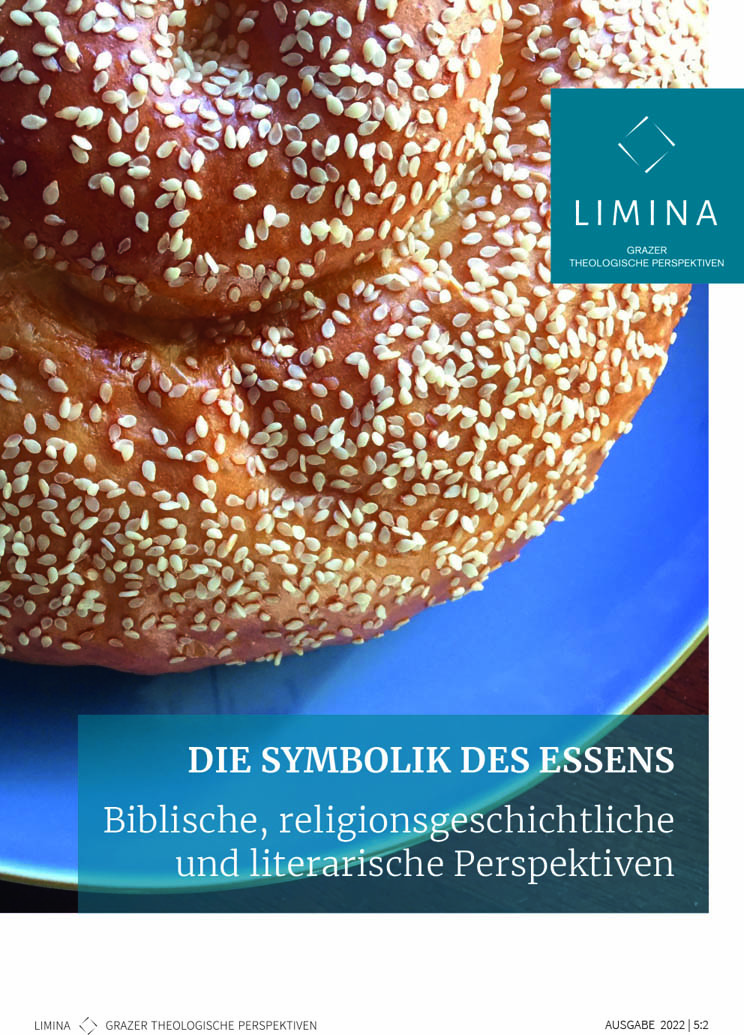Spontaneous, abundant, metabolic Food as a narrative symbol for encountering the ‘other’ through acts of hospitality on the example of two Bible stories (Genesis 18; Genesis 19)
Main Article Content
Abstract
People experience certain phenomenological tensions in their relationship with food and drink, which are consequently addressed in religion and reflected in Bible texts. The stories in Genesis 18:1-15 (Abraham’s three visitors) and Genesis 19:1-11 (Lot accommodating the angels in Sodom) demonstrate the tension between the sacred and the profane through the narrative symbolism of the meal. Both texts reveal thematic parallels as well as contrasting differences. Genesis 18 describes the confrontation with the sacred as an extraordinary experience, which finds symbolic expression in the sensorily tangible objects of food and drink as well as the intercorporeal dimension of a shared meal. Juxtaposing this narrative with the story of Lot offering hospitality to two angels in Genesis 19 reveals three prerequisite aspects for a communal meal that thus successfully enables an encounter with the other: unpredictability, generosity and acknowledgement. This article explores the symbolism of the meal. In particular, it will show how the different textual worlds in Genesis 18 and Genesis 19 emerge through the depiction of space and time, the relationship between host and visitor, the verbalisation of invitation and, last but not least, the specific acts of hospitality. At the same time, the unfolding of the meal also symbolises a foretaste of the (un)fortunate unfolding of the story.
Article Details
The author(s) retain copyright without any restriction.
LIMINA provides immediately upon publication open access to its content. The content of this journal is licensed under the Creative Commons Attribution 4.0 International Licence. By submitting a contribution, the author(s) agree(s) to the terms of use of the CC BY licence.

